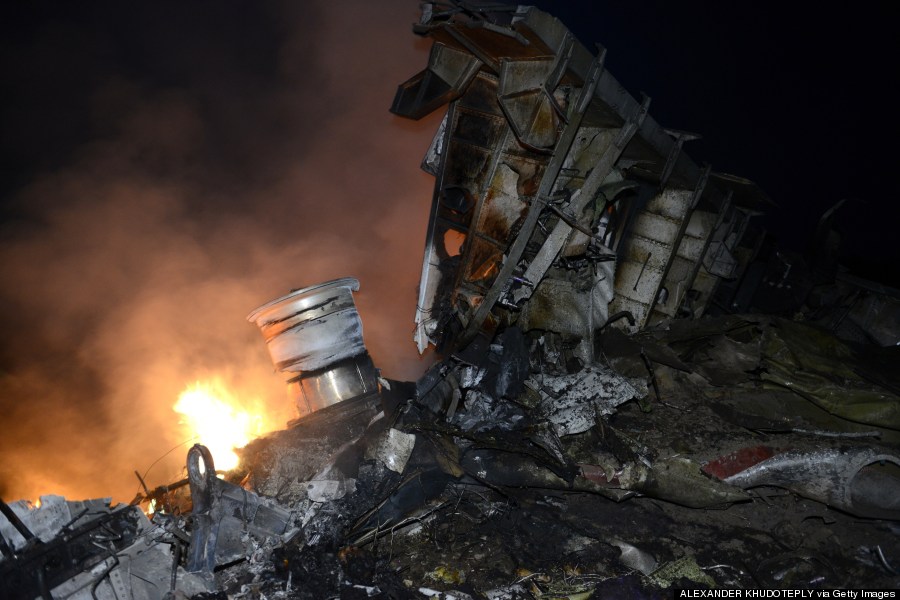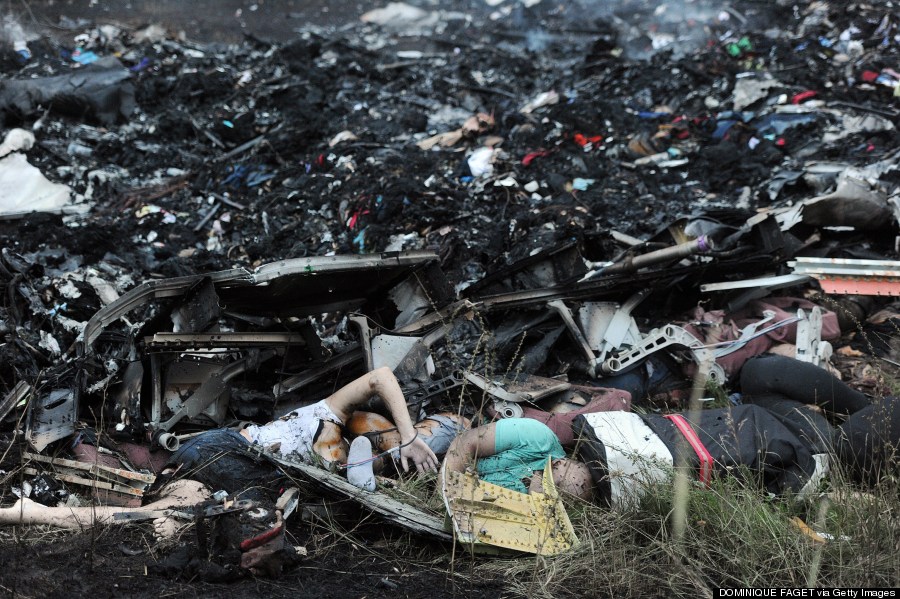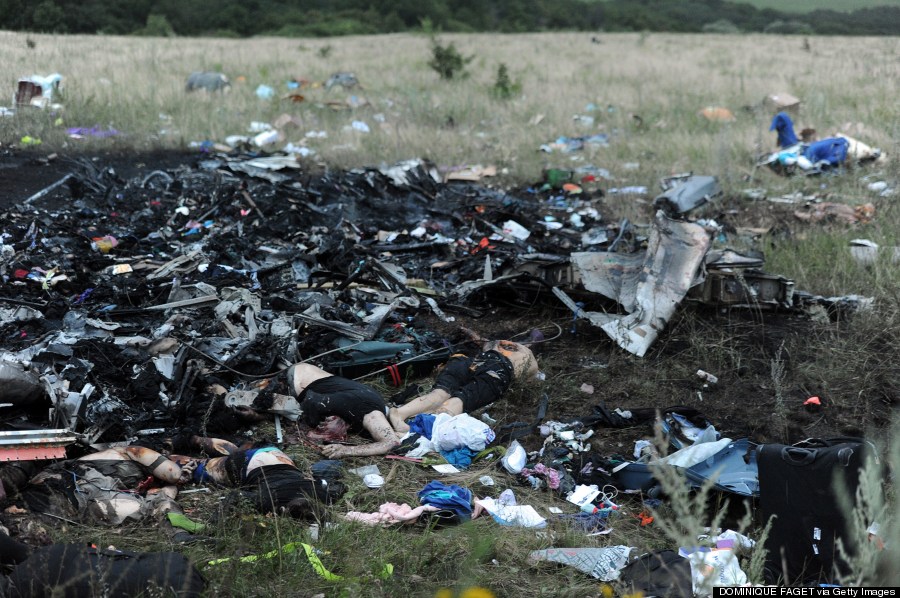World-renowned AIDS researchers and activists heading to an AIDS
conference in Australia were on the Malaysian jetliner shot down over
Ukraine, officials said Friday, news that sparked an outpouring of grief
across the global scientific community.
Unconfirmed reports said up to 100 passengers were going to the Victoria
state capital of Melbourne to attend the 20th International AIDS
conference, which starts Sunday, Victoria Premier Denis Napthine said,
though he hastened to add that reports were conflicting and it was far
too premature to give a precise figure.
"There's been confirmed a number of senior people who were coming out
here who were researchers, who were medical scientists, doctors, people
who've been to the forefront of dealing with AIDS across the world,"
Napthine told reporters in Melbourne. "The exact number is not yet
known, but there is no doubt it's a substantial number."
The plane, which was flying from Amsterdam to Kuala Lumpur, Malaysia,
crashed Thursday with 298 people on board. American intelligence
authorities believe a surface-to-air missile brought down the aircraft,
but it was not yet clear who fired it.
Among the passengers was former president of the International AIDS
Society Joep Lange, a well-known researcher from the Netherlands,
opposition leader Bill Shorten said in parliament.
"There are Australians who would have planned to be at the airport
tomorrow night to greet friends and family — amongst them, some of the
world's leading AIDS experts," Shorten said. "The cost of this will be
felt in many parts of the world."
Chris Beyrer, president-elect of the International AIDS Society, said if
reports of Lange's death were true, "then the HIV/AIDS movement has
truly lost a giant."
Nobel laureate Dr. Francoise Barre-Sinoussi, co-discoverer of the AIDS
virus and president of the International AIDS Society, paid tribute to
Lange in a speech in the Australian capital, Canberra.
"Joep was a wonderful person — a great professional ... but more than
that, a wonderful human being," she said. "If it is confirmed, it will
be a terrible loss for all of us. I have no words, really, to try to
express my sadness. I feel totally devastated."
She later told reporters the conference would continue out of respect
for the lives lost: "Because we know that it's really what they would
like us to do."
Lange had been working on HIV since the earliest years of the epidemic,
participating in clinical trials and research across the world,
Barre-Sinoussi said. He had dedicated his life, she said, to "the
benefit of mankind."
Sharon Lewin, co-chair of the conference, called Lange a true
renaissance man, who also had a keen interest in arts and literature.
"He was passionate about his job and passionate about global health and
improving people's lives in low-income countries," Lewin said. "He was
quite visionary actually, I think since the very early days of the
epidemic and could see what the challenges were that lay ahead."
Robin Weiss, an emeritus professor at University College London, said
Lange's death was comparable to that of Jonathan Mann, who led the World
Health Organization's first AIDS department — and who was killed after
his flight to Geneva was sabotaged 17 years ago. Weiss noted the AIDS
community has grown much larger since then, lessening the impact of any
one person's death in particular.
CULLED















































